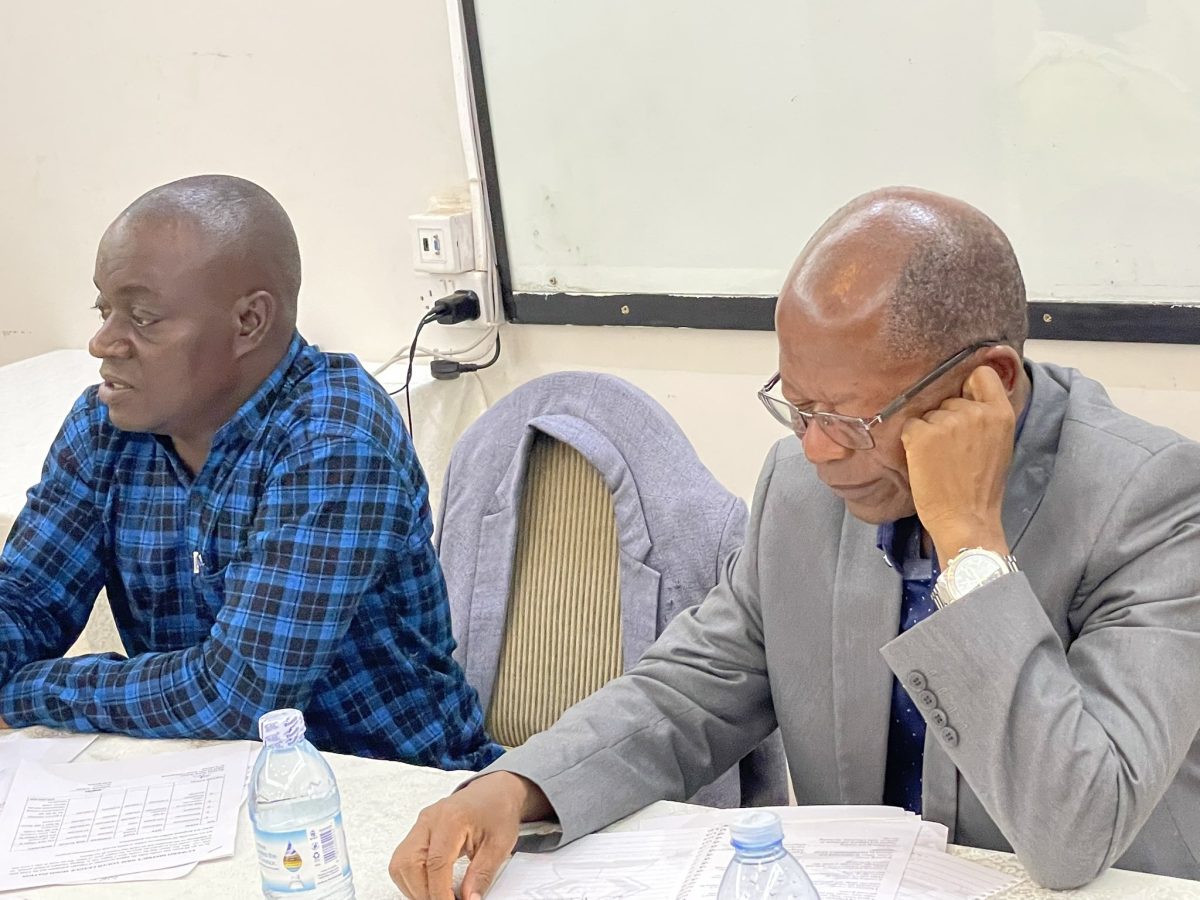Despite efforts by the government to improve the quality of education through transformative programs, critical implementation gaps continue to hinder progress especially in the rollout of the new Competency-Based Curriculum (CBC) and the integration of ICT in schools.
The Ministry of Education and Sports is central to the development agenda, delivering flagship programs like Universal Primary Education (UPE), Universal Post-Primary Education and Training (UPPET), vocational and tertiary education, and higher education. These initiatives are designed to equip learners with the skills and knowledge necessary to drive sustainable national development.
However, a report released by the Anti-Corruption Coalition Uganda (ACCU) recently reveals a mixed picture of progress.
Clare Mapesa from Anti-Corruption Coalition Uganda mentioned that the 2024 Auditor General’s Report indicates that only 31% of institutions have fully implemented the Competency-Based Curriculum for lower secondary education. 16% are in the process of implementing the reforms, while a staggering 53% have not yet started.
She says more than half of the schools are lagging behind, even as the curriculum is officially considered rolled out. Practice on the ground is not keeping pace.
A key component of the CBC is the integration of digital literacy and the use of ICT in teaching and learning. Access to computers in many schools remains alarmingly low, especially in rural regions such as Busoga, which Mapesa used as a case study.
For instance, Kigulu College, with an enrollment of over 3,000 students, has only 40 computers. Similarly, Iganga Secondary School and Nakalama SS also face acute shortages, limiting students’ ability to acquire ICT skills a core requirement under the new curriculum.
She noted that efforts to bridge the digital divide have so far included a two-phase distribution of computers 25 in the first phase and 20 in the second to selected schools, numbers which fall short compared to the rising student populations.
The report showed that the level of access is far from sufficient due to the increasing number of students in schools.
“With such numbers, it will take years before all students can meaningfully engage with the curriculum’s ICT components. This isn’t just a Busoga problem it’s likely mirrored in other regions as well,” she remarked.
Beyond hardware, the report showed broader systemic issues, including teacher preparedness, infrastructure, and curriculum alignment at higher levels of education. The slow reform at lower secondary has ripple effects on the curriculum at higher secondary and tertiary levels, which also require revision to stay aligned.
Francis Wandera, a school administrator in Wakiso, said that out of the 30 teachers in his school, only 2 are trained to teach the Competency-Based Curriculum creating a significant gap.
He added that because of that knowledge gap, teachers rather than assessing the learners end up assessing themselves, since all are expected to conduct learner assessments.
He noted that it is expensive for school proprietors to train all teachers in the Competency-Based Curriculum.
Wandera urged the Ministry of Education to support teacher training by conducting in-school outreach programs so that all teachers can acquire knowledge of the new curriculum.
Silver Tindizirarira, the Assistant Commissioner of District Inspection from the Ministry of Local Government, said that local governments can make ordinances to improve the education system in their areas, but these should not conflict with national laws.
He acknowledged that the report highlights general concerns that need to be addressed by the Ministry of Education for the Competency-Based Curriculum to be fully embraced in schools.
He also noted that the Ministry of Education is working on a national framework for health and life skills from ages 3 to 19 teaching young people how to protect themselves through life skills.
Loy Wamala Nantongo, the Assistant Town Clerk of Mukono Municipality, echoed the need for urgent interventions including increased funding, equitable resource distribution, teacher training, and better monitoring to ensure the transformation agenda is not only rolled out, but fully realized across all regions.
According to Nantongo, until such gaps are addressed, the vision of a truly inclusive, skills-based, and digitally enabled education system in Uganda will remain elusive.

